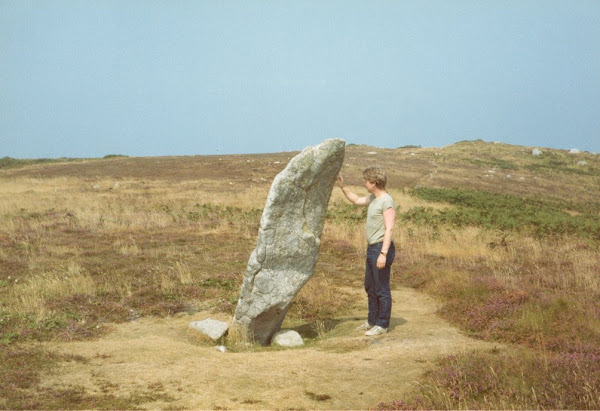The origins of the war can be found in the English Civil War of 1642 - 1651. Oliver Cromwell had fought the Royalists to the edges of the Kingdom of England. In the West of Britain this meant that Cornwall was the last Royalist stronghold. In 1648, Cromwell pushed on until mainland Cornwall was in the hands of the Parliamentarians. The Royalist Navy was forced to retreat to the Isles of Scilly, which lay off the Cornish coast and were under the ownership of Royalist John Granville.
The navy of the United Provinces of the Netherlands was at the time allied with the Parliamentarians. The Netherlands had been assisted by the English under a number of rulers in the Eighty Years' War (1568–1648), starting with Queen Elizabeth I. The Treaty of Münster (30 January 1648) had confirmed Dutch independence from Spain. The Netherlands sought to maintain their alliance with England and had chosen to ally with the Parliamentarians as the side likely to win the Civil War. The Dutch merchant navy was suffering heavy losses from the Royalist fleet based in Scilly.
On 30 March 1651, Lieutenant-Admiral Maarten Harpertszoon Tromp arrived in Scilly to demand reparation from the Royalist fleet for the Dutch ships and goods taken by them. According to Whitelocke's Memorials, a letter of 17 April 1651 explains: 'Tromp came to Pendennis and related that he had been to Scilly to demand reparation for the Dutch ships and goods taken by them; and receiving no satisfactory answer, he had, according to his Commission, declared war on them.' As most of England was now in Parliamentarian hands, war was declared specifically upon the Isles of Scilly.
In June 1651, soon after the declaration of war, the Parliamentarian forces under Admiral Robert Blake forced the Royalist fleet to surrender. The Dutch fleet, no longer under threat, left without firing a shot. Due to the obscurity of one nation's declaration of war against a small part of another, the Dutch did not officially declare peace. And so, in the Isles of Scilly, the local legend was that the state of war was still in effect.
In 1986, Roy Duncan, historian and Chairman of the Isles of Scilly Council, decided to investigate and wrote to the Dutch Embassy in London. Embassy staff found that no peace treaty had ever been signed, and Duncan invited the Dutch ambassador Jonkheer Rein Huydecoper to visit the islands and officially end the 'conflict'. Peace was declared on 17 April 1986, 335 years after the supposed declaration of war. The Dutch ambassador joked that it must have been horrifying to the Scillonians 'to know we could have attacked at any moment.'
So there you go. One of the longest wars in history ... and not one shot fired.










No comments:
Post a Comment